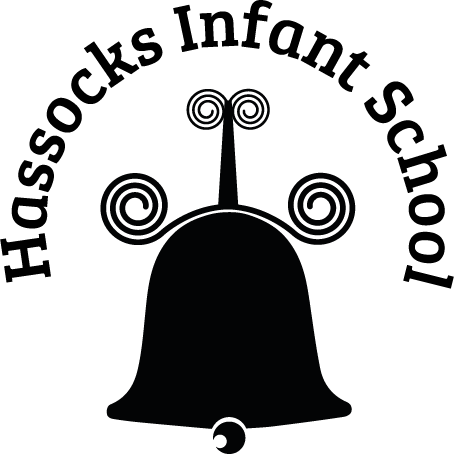Music
We Are Musicians!
Our primary goal is for children to see themselves as musical and develop a lifelong love of music, enriching their passion for life. Through singing, playing instruments and moving to rhythms, music sparks curiosity about different cultures, fostering a love of learning. By exposing children to a variety of musical styles from diverse cultures and historical periods, the curriculum encourages respect for all musical traditions and inspires imaginative play, creative thinking, and a lasting appreciation for the arts. Music plays a vital role in enhancing cognitive development, language skills, memory, and social, emotional, and motor skills. It nurtures creativity, fosters teamwork, and provides a means for children to express themselves and have fun!
Our Approach:
We follow the Kapow music curriculum, which is based on five key, interrelated musical dimensions:
- Listening and evaluating,
- Creating sound,
- Notation,
- Improvising and composing
- Performing, singing, and playing.
These elements are woven throughout each scheme of work and are built upon alongside key musical knowledge such as pitch, duration (pulse and rhythm), timbre, texture, structure, tempo, and musical symbols. Through activities like listening to music, making music, singing, and using a range of instruments, children develop their musical abilities and knowledge. Each week, they enjoy fun and engaging lessons designed to foster a love and appreciation of music and its limitless possibilities. Music is embedded into our school in multiple ways beyond our taught curriculum, through assemblies, choirs, musical performances, self-initiated activity times in Reception and playtime in KS1.
Teaching Tools:
What makes Music so much fun?
For music to truly come alive, children need immersive experiences and the time to listen, enjoy, and reflect on the music they hear. They should have opportunities to explore instruments both freely and with guidance.
We provide a range of both tuned and untuned instruments for use during lessons and play.
With the Kapow curriculum, our teachers are fully supported to deliver high-quality music lessons. Each lesson is carefully planned by musicians, with video tutorials that enhance subject knowledge and teaching skills. This ensures that every child receives engaging, high-quality music lessons.
Supporting All Pupils:
To ensure all children are able to access the curriculum, we use multisensory teaching approaches. For example, this can be using visual cues, such as pictures to go with keywords like 'pitch', helping a child by sitting in front and clapping in time with them to support rhythm and pace.
We offer a range of accessible instruments and differentiate activities to match individual abilities and interests, ensuring every child can participate and succeed. Children can use tuned or untuned instruments, depending on what feels comfortable for them. Some instruments are easier to handle, and again may be more comfortable for some children.
Assessment:
Assessment in music is carried out during lessons as well as at the end of each unit of work. Each unit runs for half a term, and there are key objectives which can be assessed against; these can be children's musical ability, such as holding a beat, their understanding of key vocabulary and their ability to interpret the music they hear and the instruments they explore.
Additional time is given within the curriculum for teachers to spend time working on key components they feel their children need; this means assessments feed directly into teaching and are tailored to the children's needs.
Above and Beyond:
Music is underpinned throughout our school. Besides our taught curriculum, it is part of assemblies, school performances such as the nativity, singing in the community at key events such as 'Light up Hassocks', our choir and during play.
We have a range of musicians come into school to ensure all children experience live music in a range of genres during their time with us.
Diversity:
Music is steeped in culture and stories. Different cultures have different musical traditions and styles passed down through generations, making music a fantastic way to bring the wider world to our children. Music and singing are embedded through cross-curricular opportunities, in subjects such as geography, art, literacy and PE.
